US Bolsters Border As Covid-era Asylum Rules Lapse
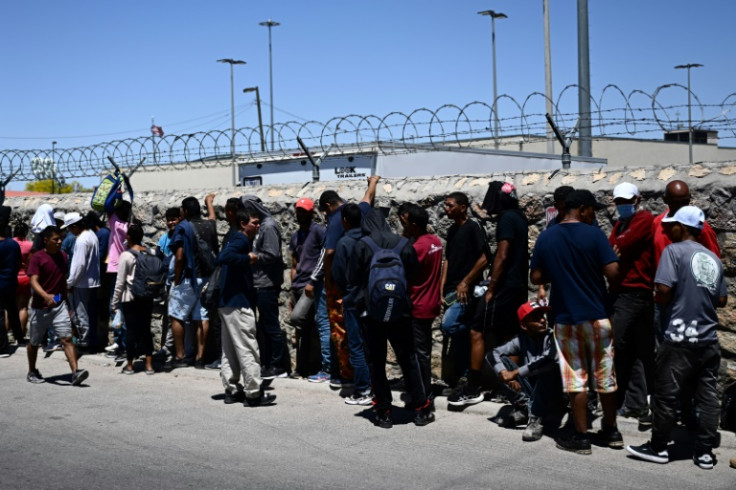
Tens of thousands of US law enforcement personnel have been deployed to the border with Mexico, officials said Wednesday, as waiting migrants voiced confusion and anger over a looming change to entry rules.
The United States is girding for a surge in people claiming refuge from political persecution, climate-related disaster and poverty when pandemic-era restrictions expire overnight Thursday into Friday.
In the Mexican border town of Ciudad Juarez, Venezuelan construction worker Michel said he felt trapped and frustrated after many failed attempts to use the new phone app meant to process asylum requests once the rules lapse.
"We don't know what's happening," he told AFP after a dangerous overland journey from South America with his wife and five-year-old daughter. "They're making things more difficult."
About 24,000 border police and 1,100 processing personnel have been activated -- double the number a year ago, and the Pentagon has sent 1,500 extra troops to reinforce 2,500 already in place.
Alejandro Mayorkas, Secretary of Homeland Security, said the US government was "clear eyed" about the challenges of ending the Covid restrictions known as Title 42.
"Even after nearly two years of preparation, we expect to see large numbers of encounters at our southern border in the days and weeks after May 11," he told reporters Wednesday.
"We are already seeing high numbers of encounters in certain sectors."
President Joe Biden this week warned "it's going to be chaotic for a while."
The crossings are a political flashpoint in the United States, with the rival Republican Party under Donald Trump championing strict anti-immigration measures.
Trump as president used Title 42, officially a public health measure, as a blunt tool to block migrants, but both the United States and World Health Organization say the emergency phase of the pandemic is over.
A group of Republican senators on Wednesday accused Biden's administration of responding too slowly and attacked the decision to stop Trump's signature proposal of a border wall.
"The administration has failed to acknowledge the crisis at our border, and is recognizing in the 11th hour that the upcoming removal of Title 42 authorities, and the subsequent surge in border crossings that is predicted, will have disastrous effects on the security of our nation," said a letter led by Senator Mitt Romney to Mayorkas.
The administration counters that it has expelled a record number of migrants thanks to coordination with other countries, with an official saying that more than three million people have been removed over the past two and a half years.
The White House has also insisted that it will take a more humane approach, including not taking children away from their parents -- one of the most controversial measures under Trump.
But the administration said Wednesday it had finalized a rule that anyone who does not use legal pathways to enter the United States will be considered ineligible and subject to removal, although there remains an exception if a person can prove a "reasonable fear" of torture on their return.
Immigrant advocates denounced the rule as breaking decades of US law and international agreements that allow vulnerable people to apply for asylum.
"Forcing persecuted people to first seek protection in countries with no functioning asylum systems is as ludicrous as it is life-threatening," said Lee Williams, of the Lutheran Immigration and Refugee Service, a faith-based group that works with asylum seekers.
Hundreds of migrants who had already crossed into the United States -- many of them Venezuelans -- have handed themselves in to border patrol agents in El Paso.
Those fleeing the dysfunctional South American country previously had a carve-out from the Title 42 rules, and were still able to claim asylum.
They fear that once the measure lapses, they will be stuck in Mexico, unable to reverse the difficult journey back to a hostile homeland, and living without money at the mercy of human traffickers.
Eibor Tovar told AFP in El Paso he will have to present himself to a judge in November.
"I was lucky, I got the appointment before others, there are people who got it in 2026," he said.
"What I want is to work."
In Ciudad Juarez, tales of almost unspeakable human misery abound.
Marta Perez huddles with her two young girls in a single room. The girls' older brother vanished into the United States a year ago.
Perez fled Guatemala after criminal gangs raped her, and killed her husband in front of their children.
"My dream was to stay here in Mexico, I asked for refuge, but my son saw so many terrible things that he fled to the US," she said.
"All I want to do is cross to the US and to be with my son."
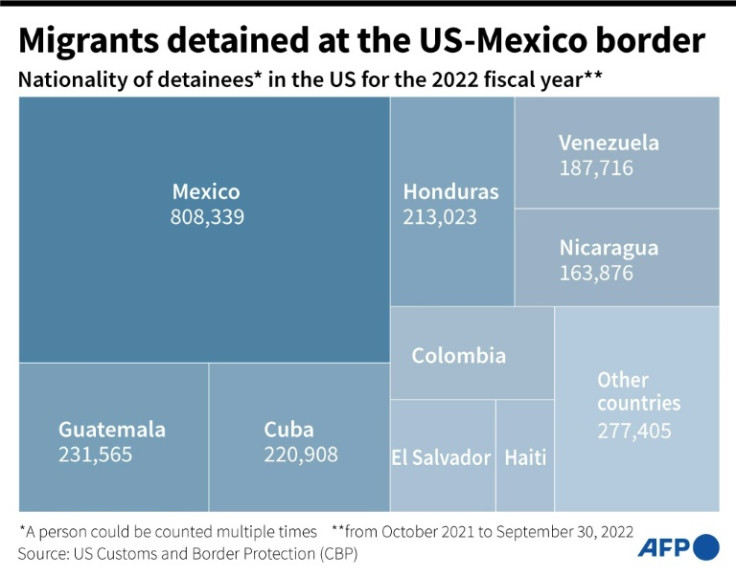
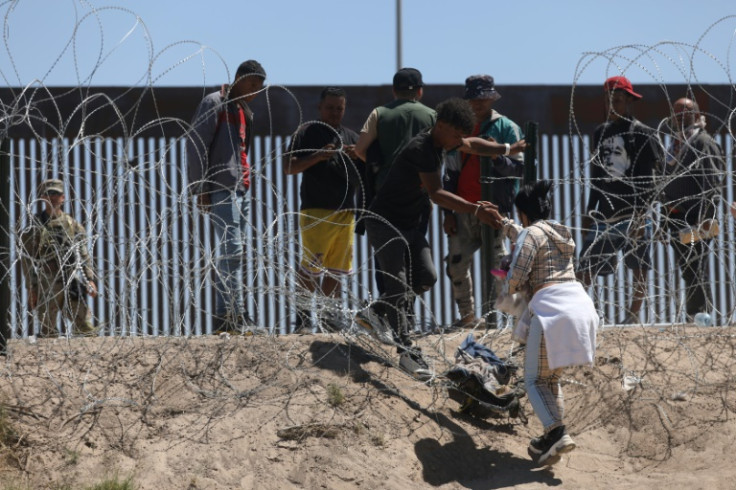
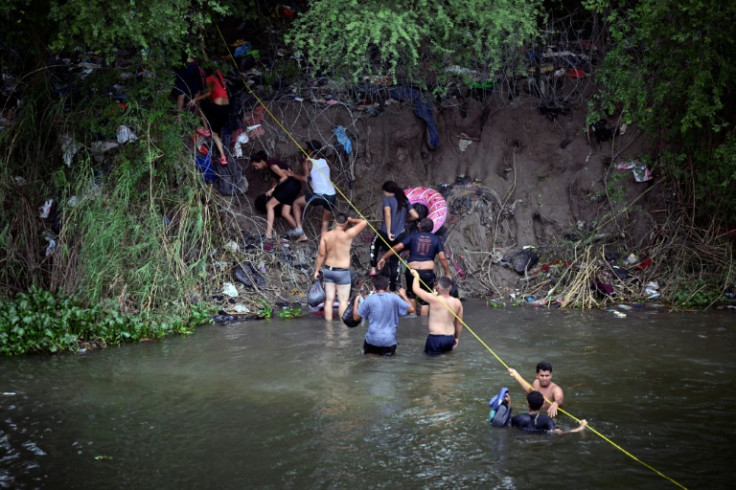
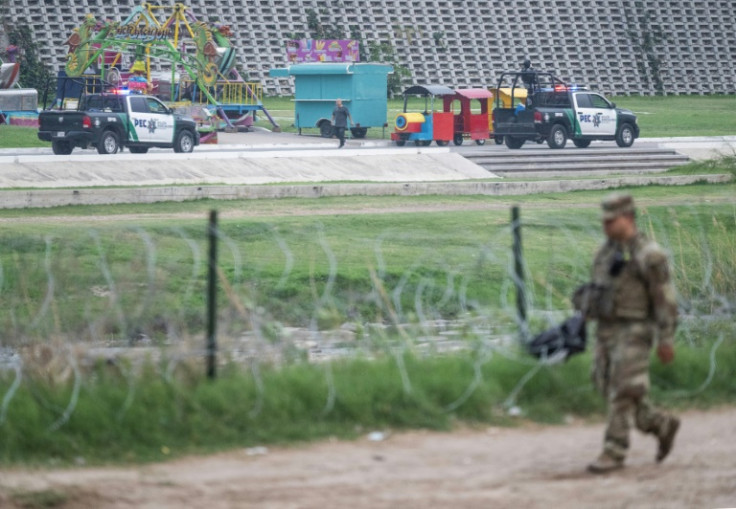
© Copyright AFP {{Year}}. All rights reserved.





















